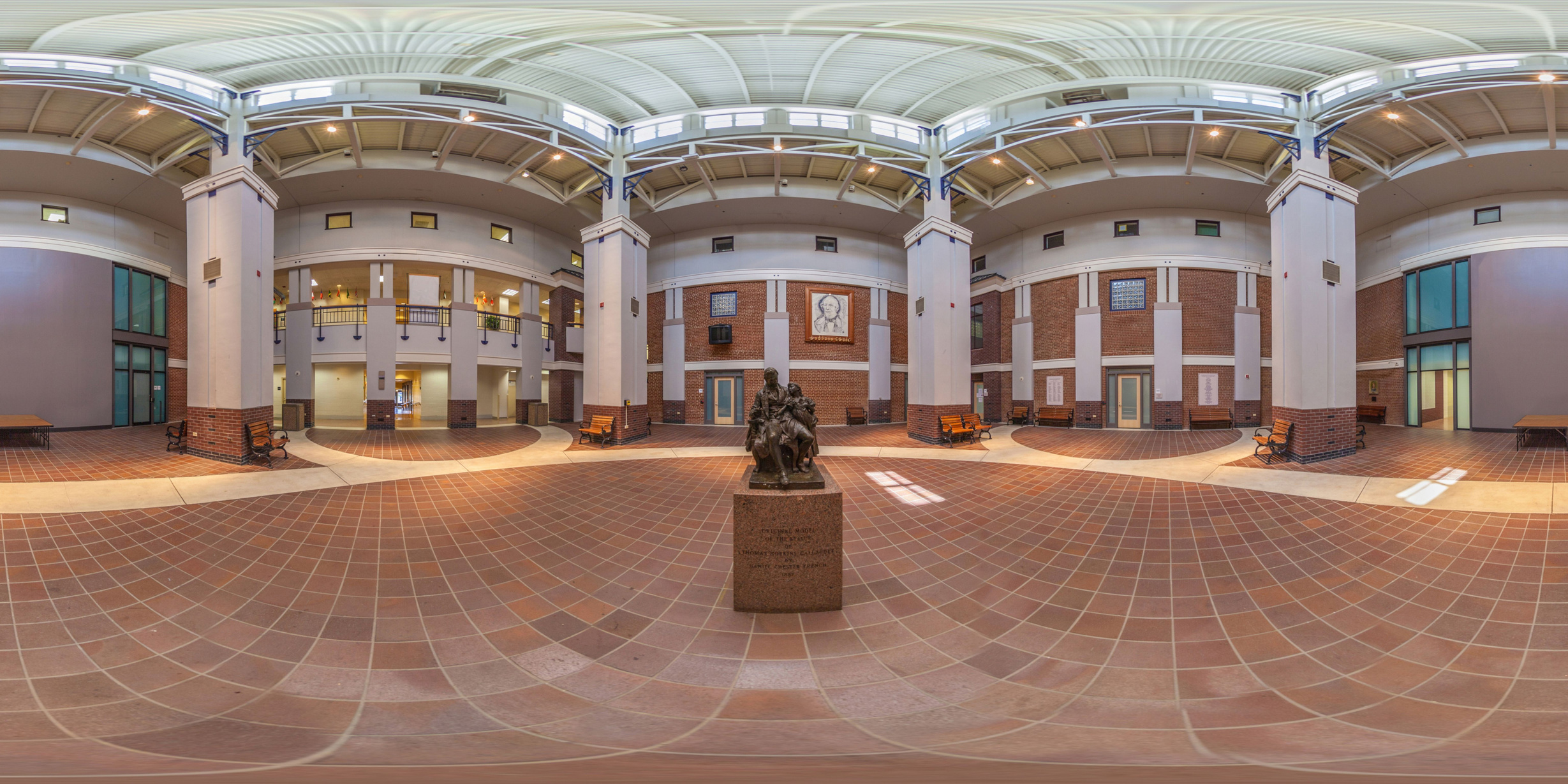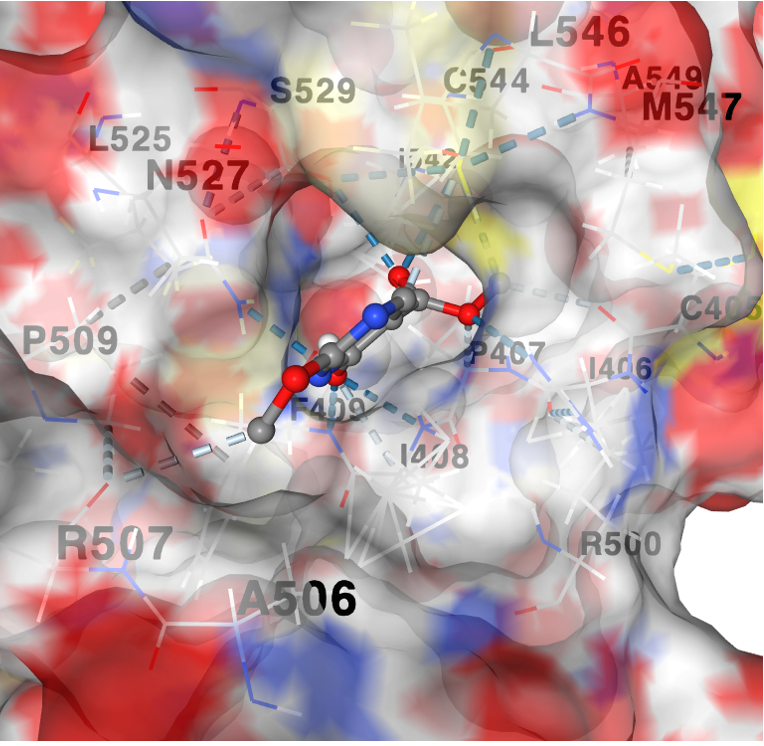
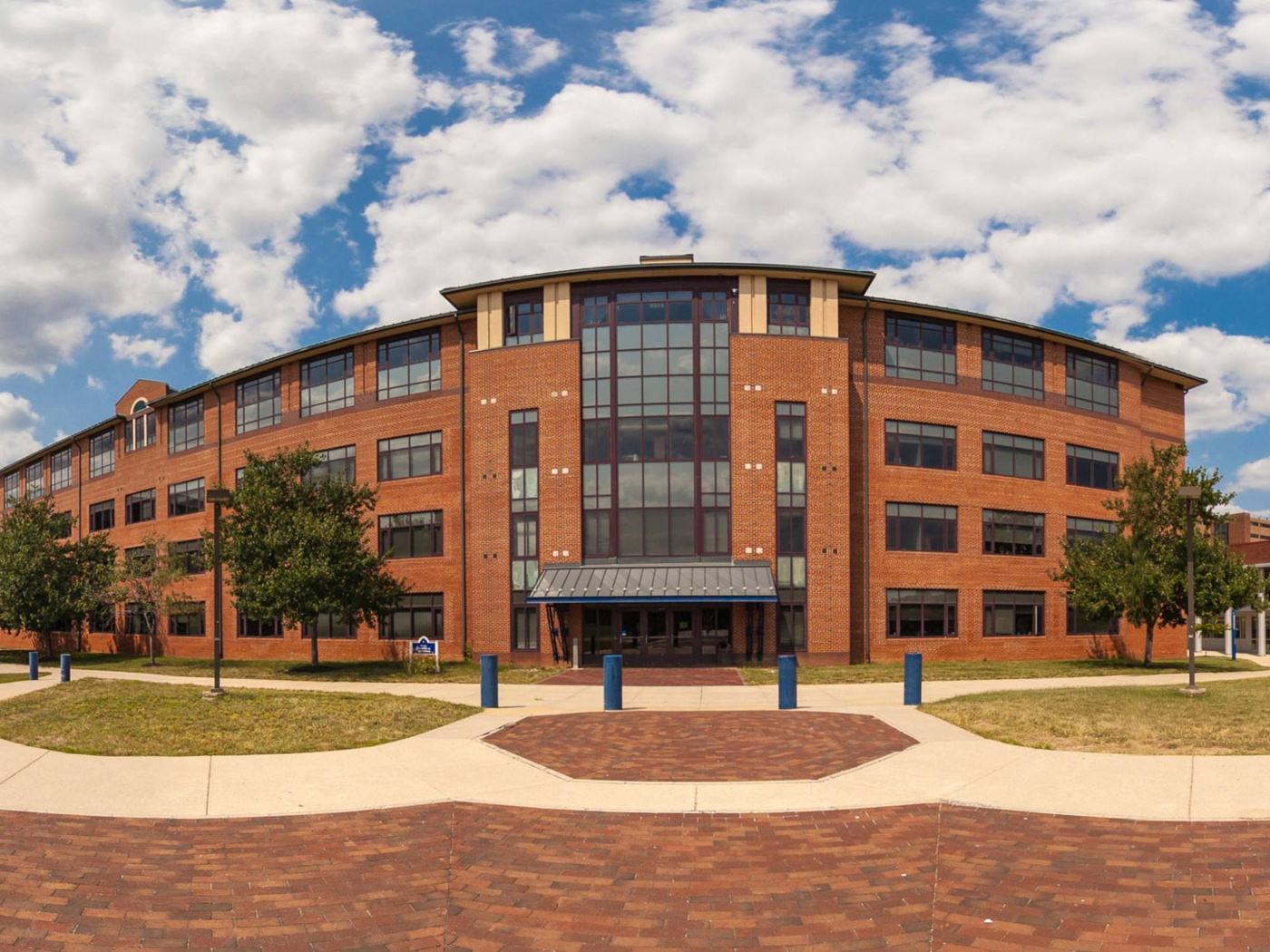
Drug Discovery Lab at Gallaudet University
Welcome to the Drug Discovery Laboratory, a dynamic and collaborative environment dedicated to advancing the field of pharmaceuticals by harnessing the power of computational and experimental methods. Our mission is to uncover novel compounds and therapeutic avenues that have the potential to transform healthcare and improve lives worldwide.
With a diverse team that provides an accessible research space for Deaf/HH individuals, we are committed to identifying and characterizing promising drug candidates through rigorous experimentation and cutting-edge technology.
Dr. Tugba Kucukkal
Dr. Kucukkal is an associate professor of chemistry and the PI of the Drug Discovery Lab at Gallaudet University.
Dr. Kucukkal’s $368,671 award from NIH NIGMS (1R15GM148942-01) seeks to identify novel Plk1 inhibitors to be used for targeted cancer therapies. She and her postdoctoral researcher Dr. Lawal recently received a supercomputing time grant through NSF ACCESS for performing multiscale simulations. Dr. Kucukkal has also recently been awarded Gallaudet President’s Research Excellence award ($50,000) to purchase a GPU-based HPC system for her lab.
With a passion for involving students in research and publishing with students, Dr. Kucukkal has been an ACS Project Seed coordinator and mentor since 2019. So far, she has mentored 20 Deaf/HH students at Gallaudet and numerous other students elsewhere. Her mentoring efforts are funded by NSF’s EBJ INCLUDES grant as GU PI (2119902) and NIH NLM as GU co-PI (LM014208). One of her previous students won a $130K scholarship from GMU.
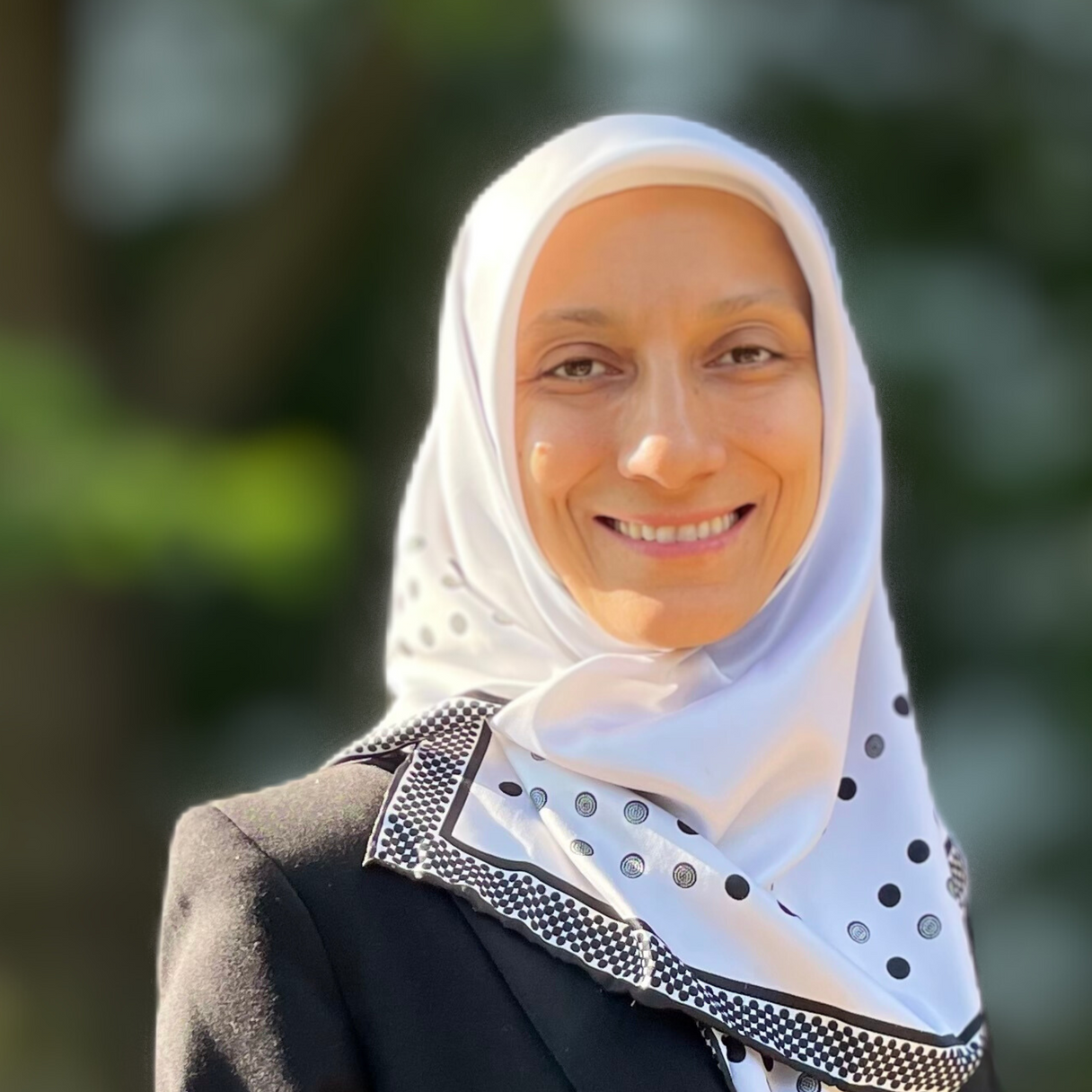
Lab Members
Current Research Projects
ADMET-S Exploration of Selected Drug Candidates
ADMET (Absorption, Distribution, Metabolism, Excretion, and Toxicity) and stability calculations play a crucial role in the evaluation of drug candidates during the drug discovery process. These assessments provide critical insights into a compound's potential efficacy, safety, and suitability for further development as a therapeutic agent. Our group utilizes in silico methods and state-of-the-art data analysis to study ADMETS properties.
Molecular Dynamics (MD) Simulations of Plk1-ligand Complexes
Our group utilizes MD simulations to study the dynamic behavior and interactions between a Plk1 protein and candidate drug molecules at an atomic level. These simulations provide insights into the structural changes, binding affinities (through MM-PBSA), and stability of the complex over time, which are crucial for understanding the mechanism of action and optimizing drug candidates.
Metadynamics Simulations of Plk1-Ligand Complexes
Metadynamics is an advanced simulation technique to study complex and slow processes, such as protein-ligand binding, conformational changes, and free energy landscapes. It enhances the sampling of the potential energy surface, allowing for a more thorough exploration of rare or high-energy states. Through metadynamics, we aim to accurately calculate binding free energy of different drug candidates to Plk1-3 proteins to decipher their selectivity.
Fluorescence Polarization Experiments to Measure Plk1-ligand Binding
What's special about your services or offerings? Give your audience a reason to choose you over your competition. Cite it above, then flesh it out here.
Fluorescence Polarization (FP) is a widely used method in drug discovery that measures the rotational motion of fluorescently labeled molecules and provides valuable information about binding affinities, kinetics, and molecular interactions in solution. When applied to protein-ligand interactions, FP assays can offer insights into the binding of small molecules (ligands) to larger molecules (proteins) and provide data for drug discovery and basic research. Our group utilizes FP to identify potential drug candidates, characterize binding kinetics, molecular recognition and mechanism of action.
DISEASE
Identify disease and target gene/protein
01
Drug discovery
Screen databases of small molecules and test top hits
02
drug development
Optimize to improve properties, and test in animals
03
PRE-Clinical tESTING
Establish safety, delivery methods and dosage
04
Clinical trials
Test the drugs in humans for safety & efficacy
05
How a Drug Becomes a Drug?
Our lab focuses on drug discovery
Drug Discovery Approach in Our Lab
Protein Structure
Binding Studies
Ligand Database
Selectivity and specificity of candidate molecules for the target protein
Docking
Scoring
Ranking
- Fluorescence Polarization
- Molecular Mechanics
- Machine Learning
- Molecuclar Dynamics & MM/PBSA
- Metadynamics
Hit Candidate List
ADMET Exploration
Absorption, distribution, metabolism, excretion and toxicity
Stability Calculations
Quantum mechanical simulations
Research Goal
Drug Discovery Lab at Gallaudet aims to identify/design selective and specific Plk1 inhibitors through computational and experimental methods
Cancer Therapies

Why Plk1?
Polo-like kinase 1 (PLK1) is a crucial protein that promotes cell division and mitosis in eukaryotic cells.
- Compounds inhibiting the polo-box domain (PBD) of PLK1 in cancer cells can potentially stop the cancer cell’s growth and division*
Summary of Plk1 signaling in cancer
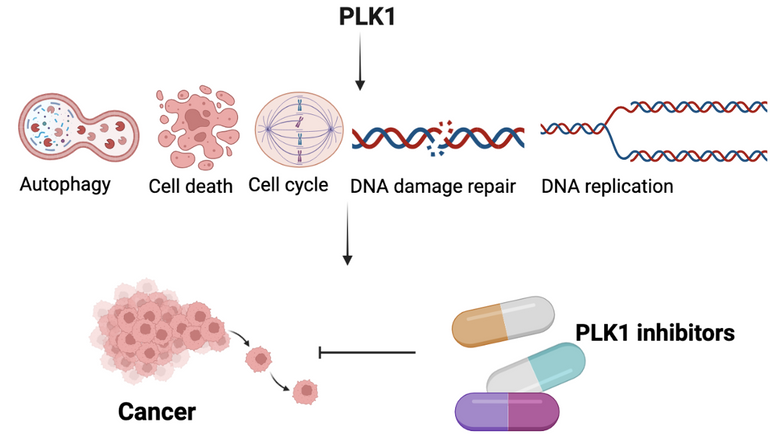
*Chen, Y. et al. Identification of a novel Polo-like kinase 1 inhibitor that specifically blocks the functions of Polo-Box domain. Oncotarget 8, 1234 (2017).
Opportunities
We are hiring research assistants and student interns for Spring 2024 and Summer 2024. Please follow the QR codes to learn more and apply.
Research internships during academic year ->
Summer internship with full stipend + dorm (or virtual) for undergraduate students
Virtual internships for High Schoolers with full stipend ->
Collaborators
Funding
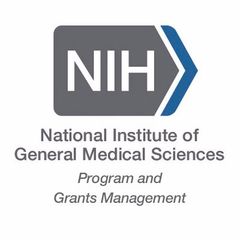
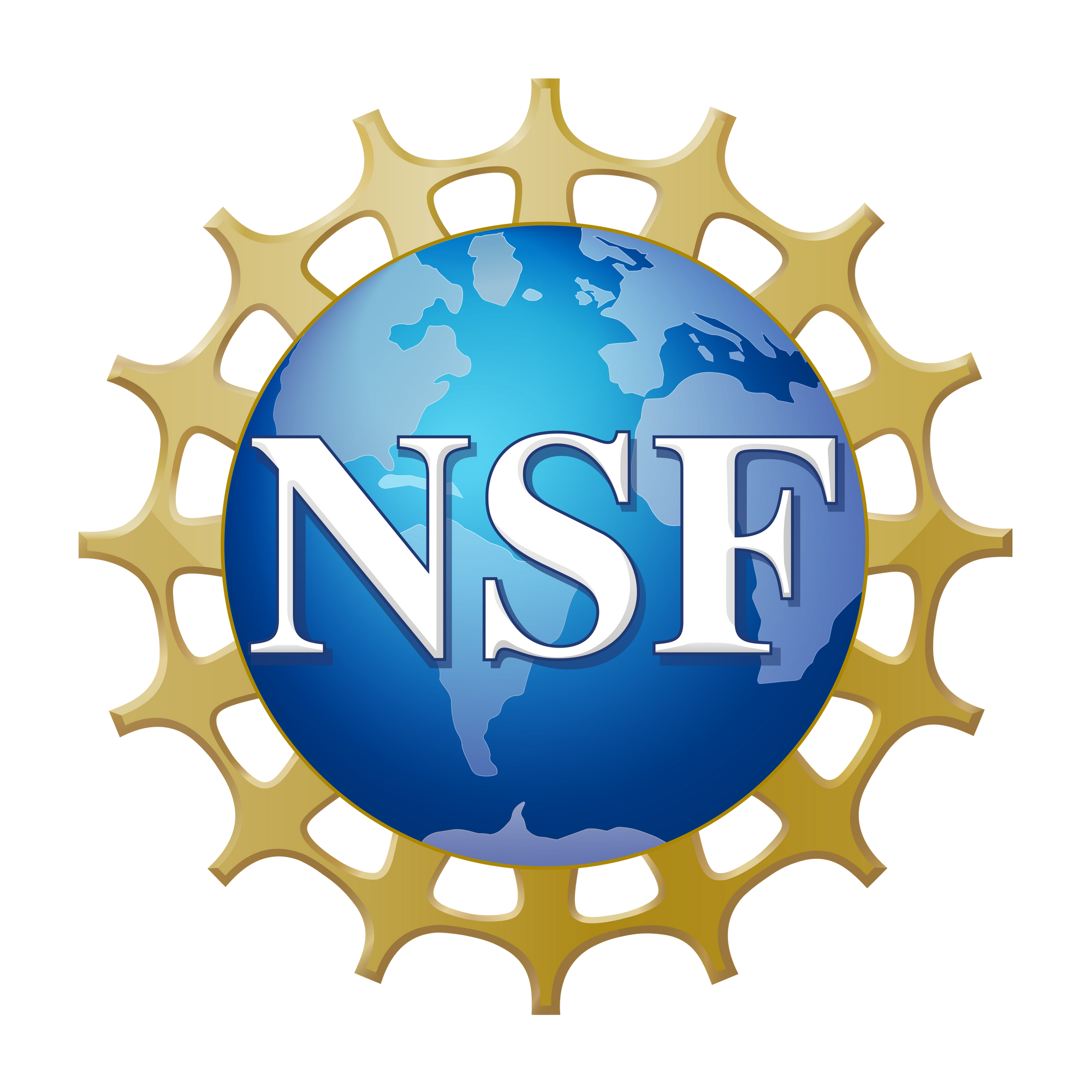
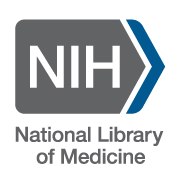
Contact Information
Best way to get in touch with us is through email.
Email Address
tugba.kucukkal at gallaudet.edu
Mailing Address
Chemistry and Physics Program
Hall Memorial Building
800 Florida Avenue NE, Washington, D.C. 20002



